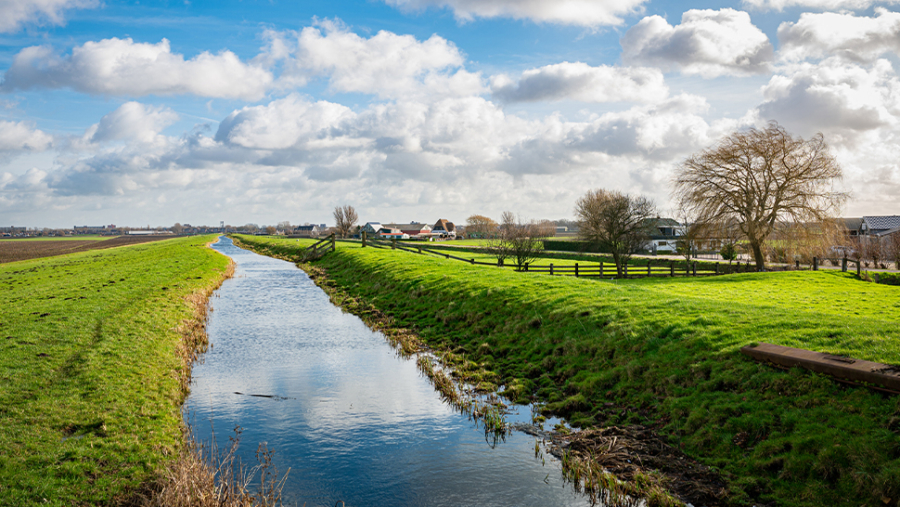

What is a riparian owner?
A riparian owner is an owner of land whose boundary is next to a watercourse. It is assumed that the landowner is responsible for a half share of the watercourse, measuring from the centre of the watercourse along the boundary of the property. However, on occasion the watercourse may be owned by a third party, and this may be noted in the deeds for the property.
What are your responsibilities as a riparian owner?
As a riparian owner you are responsible for maintaining the banks and beds of the watercourse and any flood defences. You must ensure the water flows without obstruction and pollution.
What are your rights as a riparian owner?
A riparian owner will have the right to receive a flow of water. They also have the right to abstract a maximum of 20 cubic meters of water per day for domestic use for the riparian’s own household, or for agricultural use. Usually, a riparian owner will have the right to fish the watercourse, provided that the usual licences are obtained from the Environmental Agency.
Recent case law Bernel Ltd v Canal and River Trust reviews whether a riparian owner has the right to drain into a watercourse. It was determined that the rights enjoyed as riparian owner, would extend to discharging into a water course, in accordance with an environmental permit.
Whilst it was determined the claimant in this case would have a right to drain into the course if he were a riparian owner, the facts of the case concluded that the discharge was not in fact to a watercourse meaning riparian rights did not exist for the claimant.
What other rights of discharge exist?
If you are discharging drainage water to land outside of the boundaries of your property and riparian rights are not applicable to your situation, rights of drainage may be granted with the deeds for your property.
Alternatively, rights of drainage may have been acquired by prescription. If the right has been enjoyed for a period of at least 20 years, then a right may be claimed by prescription. The use must be continuing, and the right claimed must be one which could have lawfully been granted by deed.
Drainage permits
Where there is a sewage water drainage to a watercourse or into ground, an environmental permit may be required unless an exemption applies. We would advise potential buyers to speak to their surveyors to obtain clarification as to whether the drainage system requires a permit or not.










